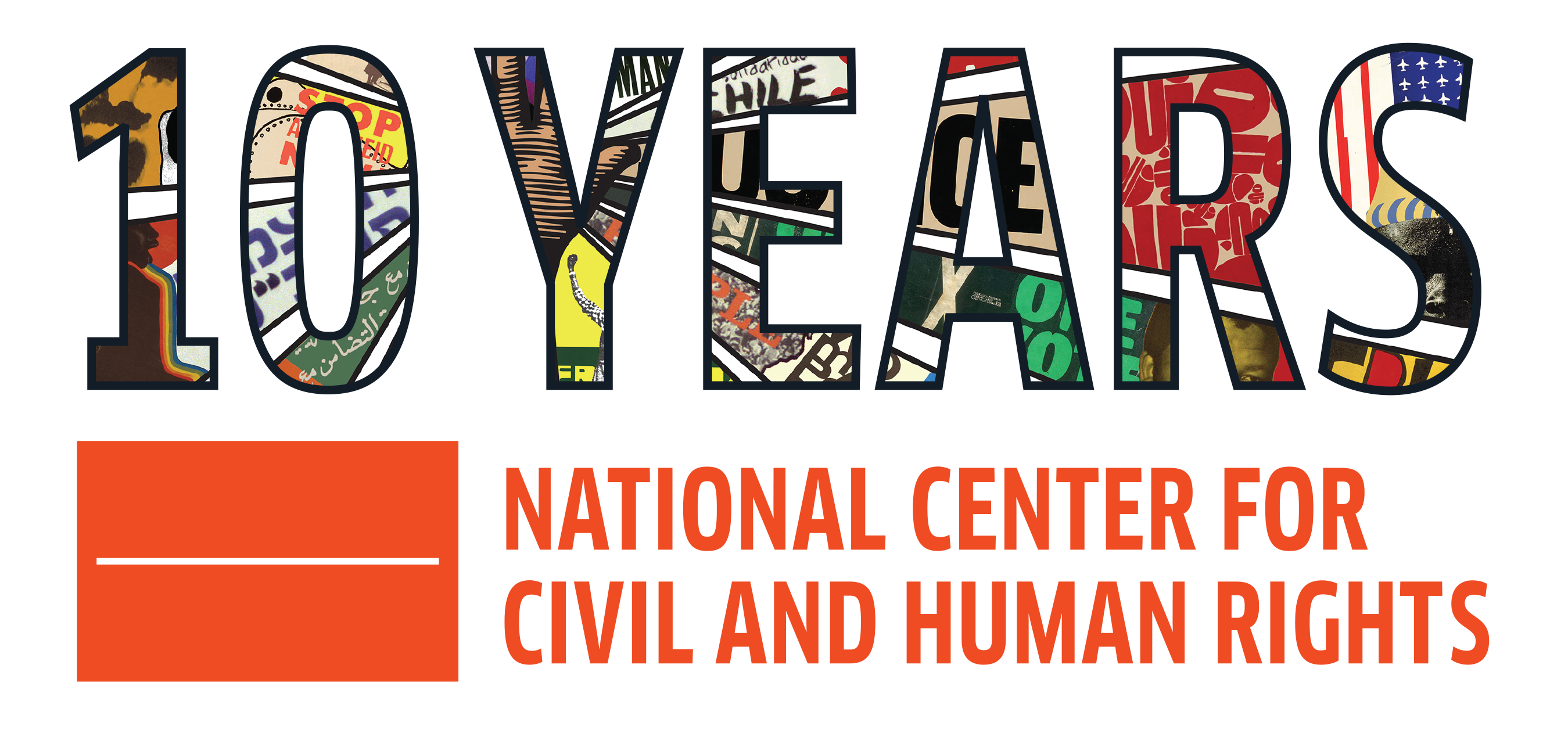LGBTQ Institute Programs Impact the Future of the Workplace and Grassroots Advocacy
This summer, The LGBTQ Institute selected sixteen people nationally, ages 16 to 30, to participate in its new Youth Advocacy Fellowship program. Over the next year, the Institute will connect fellows with mentors, scholars, and seasoned advocates to fuse their professional aspirations to their social justice passions. Fellows will pursue projects in significant fields such as public health, diversity, equity, and inclusion in the workplace, advocacy education, and civil and human rights history.
Fellowship training includes studying philosophies and strategies of nonviolent protests like bus boycotts (Claudette Colvin), school desegregation (Ruby Bridges and the Little Rock Nine), young people’s roles in the March on Washington, and more contemporary struggles for justice and equality. During their time together, fellows will understand how young people have always been at the center of social change movements.
The fellowship seeks to nurture the emerging generation of young advocates, reflecting the National Center for Civil Rights’ mission to create a more just and equitable society through dynamic and empathy-building experiences that teach history’s connection to the present, inspiring change-makers to promote and protect the rights of all people everywhere.
Motivated by the leadership of the then 19-year-old John Lewis, Tim’m West, Executive Director of the LGBTQ Institute, designed the fellowship to train young people how to lead. West wanted to pay forward his hard-earned experience to the next generation. “If there aren’t systems in place to preserve the history of advocacy, things get lost,” says West.
To preserve and expand the impact of that legacy the fellowship curriculum has four components: research, history, intersectionality, and advocacy. Research dissects historical and current obstacles in order to help youth anticipate and navigate challenges. History examines the lives of notable figures like Harvey Milk, Audre Lorde, Baynard Rustin, and Gloria Anzaldua. Intersectionality explores the complex nature of social categorizations that many LGBTQ+ people experience and the systems of oppression they must fight simultaneously, such as being Black, non-binary, and living below the poverty line. Finally, advocacy investigates how to shape public policy to be more inclusive.
Fellows come from diverse academic and advocacy backgrounds. One of this year’s fellows is Eric D. Stout, II. Stout participates in the CRIBB fellowship program (Creating Responsible Intelligent Black Brothers) by NAESM and is a senior at Georgia State University, majoring in public health. He applied for the program out of his ambition to develop a career that bridges the gaps of health disparities within the LGBTQ+ community. Stout’s fellowship project seeks to establish metrics of success for Black trans gay men.
Stout will also study gospel singer, musician, and composer Reverend James Cleveland; poet and Atlanta community organizer Tony Daniels; and writer, philosopher, and educator Alain LeRoy Locke. Stout and his mentor community activist and author Dempris Gasque, will collaborate to build a professional development framework for young Black queer men. They hope their research can serve as a roadmap for future generations seeking to navigate identity-based challenges while seizing opportunities to advance social justice.
The LGBTQ Institute also seeks to impact future generations through its upcoming annual Business Forum on October 20, 2023. The Business Forum convenes corporate leaders to share best practices that further LGBTQ+ inclusion. Experts will discuss how organizations can develop genuine and sustainable policies, avoiding performative gestures that do not address inclusion. To register for the Business Forum please visit https://www.lgbtqbusinessforum.org/.

